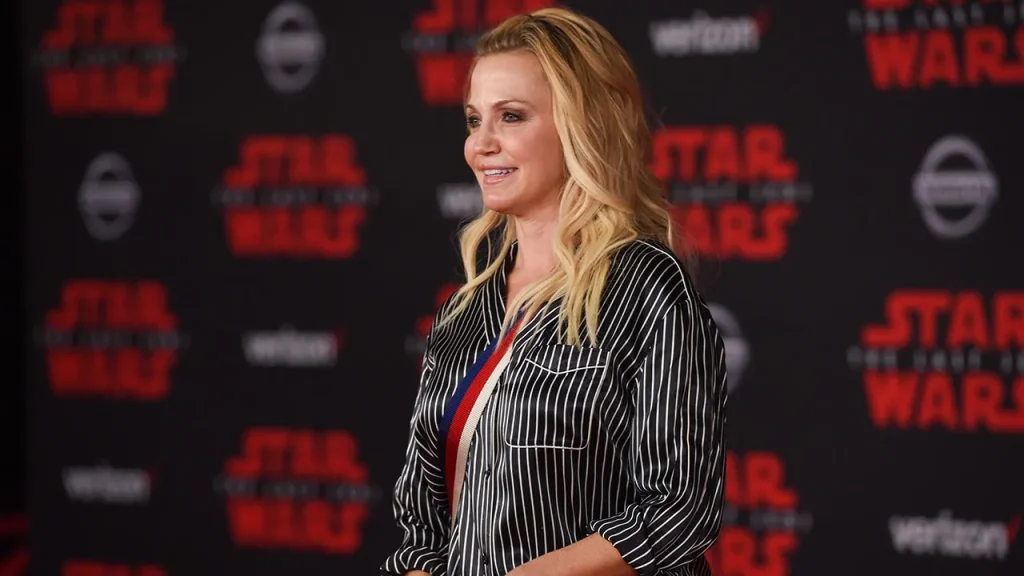Critics are continuing to criticize Harrison Butker’s commencement speech at Benedictine College, which included references to female graduates embracing homemaking and President Biden’s stance on abortion. Butker also made controversial comments about the LGBTQ community, calling certain cultural values degenerate. Former ESPN host Michelle Beadle condemned Butker’s speech as disguising “hateful thoughts and feelings and bigotry” as faith-based beliefs. She expressed frustration that women in the audience may have felt invalidated by Butker’s remarks, emphasizing her right to express her disapproval.
Amid the backlash, a city employee in Kansas City was reportedly fired for doxxing Butker after his speech, an act that drew criticism from the mayor. Beadle and her co-host on “Over The Top” expressed outrage over Butker’s statements, with Rosenberg stating that Butker essentially labeled gay people as evil. Beadle highlighted the importance of free speech but also asserted her right to criticize and express her disapproval. She claimed that Butker’s comments could have made some women feel marginalized and belittled their achievements, leading to a broader debate about the appropriateness of his remarks.
Despite the controversy, Butker’s jersey sales have surged on NFL Shop, indicating support from fans. The kicker has been a key player for the Kansas City Chiefs, helping the team win back-to-back Super Bowls. The media remains divided on Butker’s speech, with some defending his right to express his opinions while others condemn his statements as harmful and bigoted. The fallout from the speech has sparked discussions about freedom of speech, the role of athletes in expressing personal beliefs, and the responsibility to consider the impact of public statements on diverse audiences.
The debate over Butker’s speech underscores larger societal tensions around issues of gender, sexuality, religion, and freedom of expression. While some applaud Butker for standing by his beliefs, others decry his comments as divisive and insensitive. The controversy has also highlighted the power dynamics between public figures like athletes and the communities they represent. As Butker’s story continues to unfold, it serves as a reminder of the complexities of navigating personal beliefs in a public forum and the importance of promoting respect and understanding in conversations around sensitive topics.
In the midst of the uproar, Butker has not publicly responded to the criticisms of his speech, leaving the conversation open to interpretation and further debate. The incident at Benedictine College has ignited a broader dialogue about the boundaries of free speech, the intersection of religious beliefs and public discourse, and the impact of individuals’ words on different communities. As Butker’s career and public image are scrutinized in the aftermath of the speech, the conversation surrounding his remarks serves as a reflection of the larger societal debates happening around issues of identity, equality, and inclusivity.


